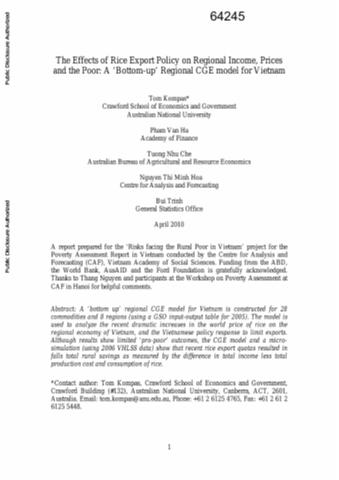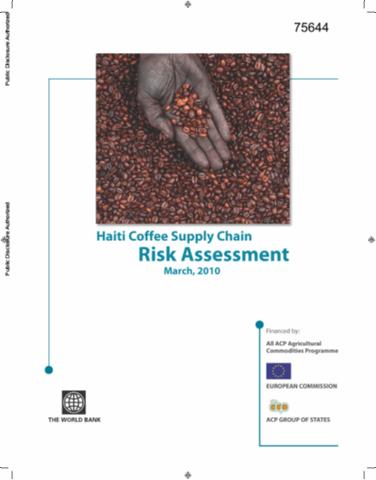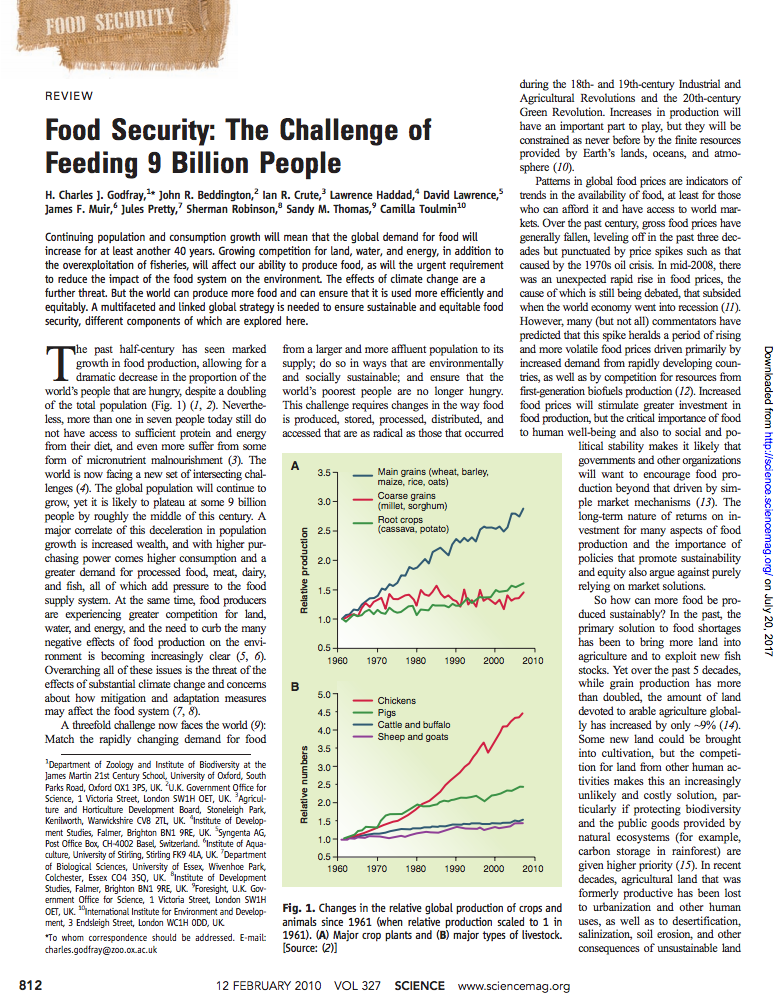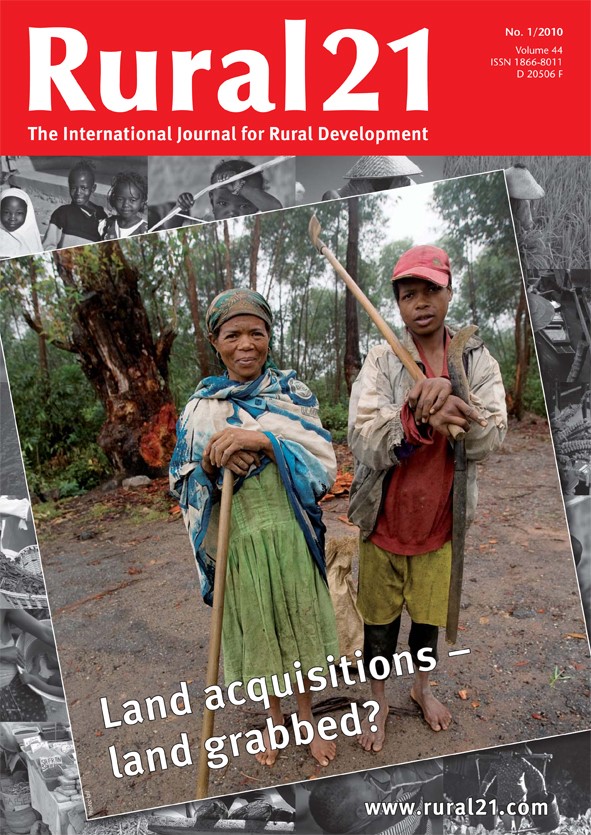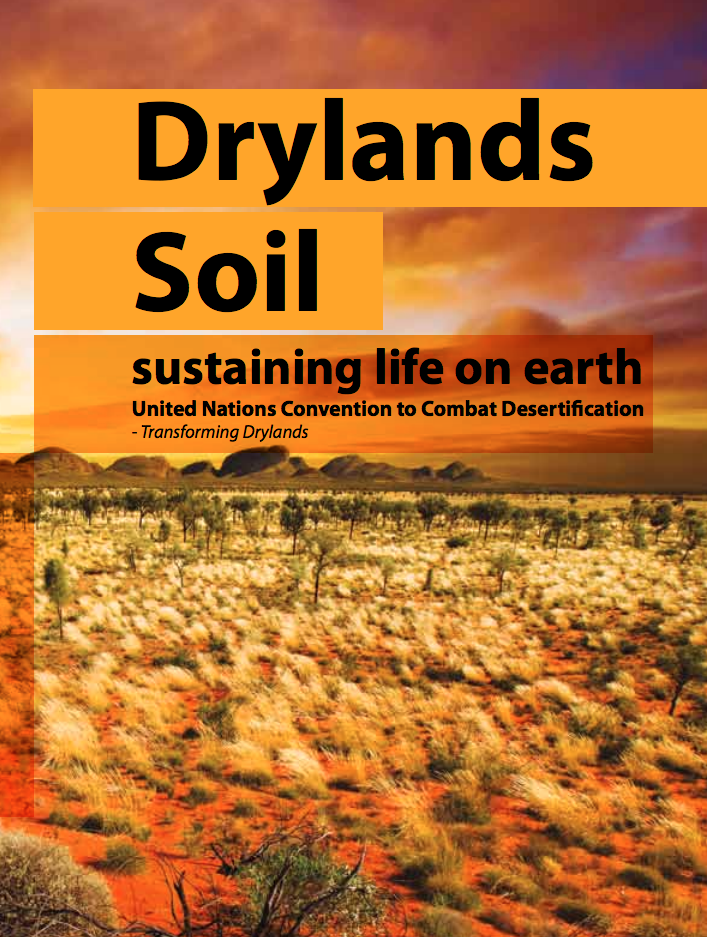Iziza Zikamasipala
[XHOSA} Umhlaba wesisa kamasipala lusiphathela ithuba elilodwa lophuhliso lwamaphandle nohlaziyo kwezemihlaba nezolimo. Umthetho usixelela ukuba umhlaba wesisa kamasipala kufuneka ube negalelo kuhlaziyo kwezemihlaba apho uthi wenziwe ufumaneke ukuze usetyenziselwe ulimo ngabo babesakuya bengavumelekanga kwixa langaphambili ukuba
bafumane imihlaba yeziza zikamasipala. Abahlali basezidolophini abahluphekileyo nabanqwenela
ukuzibandakanya kwiinkuthalo zolimo kufuneka ngoko bacebe ukwenza amabango okufumana umhlaba wesisa kamasipala.
[ENG]



